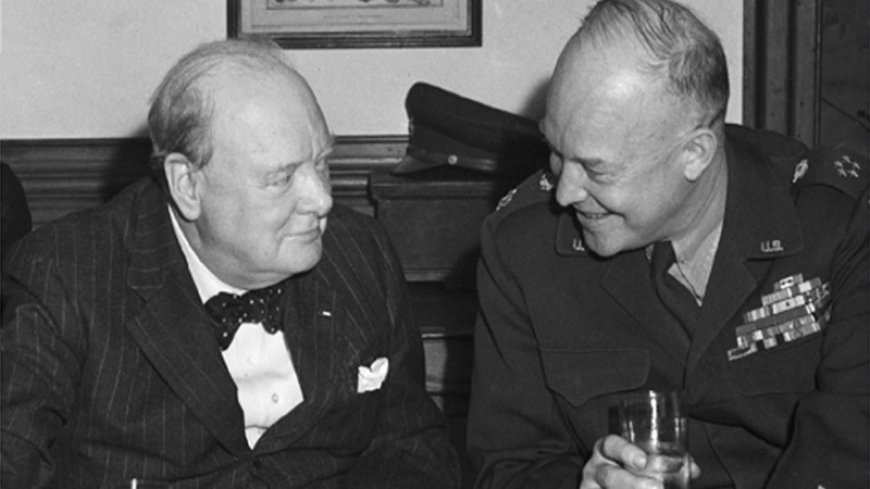The necessity of acknowledging Britain's involvement in the August 19 military coup in Iran
The necessity of acknowledging Britain's involvement in the August 19 military coup in Iran

David Owen, who was the British foreign minister from 1977 to 1979, has made it clear that, in order to protect its honor, Britain will have to finally admit that it had a major role in the military coup of August 19, 1953 (Mordad 28, 1332 ), which led to the overthrow of the government of Iran's prime minister at the time, Mohammad Mosaddegh. The British government was the main planner of the revolution of Mordad 28, and the United States made an important and effective contribution to the success of the plan. Without Washington's support, London would never have been able to carry out the plot on its own. The British Foreign Intelligence Service known as MI6 (Military Intelligence, Section 6) put on its main agenda the implementation of the plan to overthrow Mosaddegh's government named Operation Boot (Operation Boot). After the Second World War, Washington, working side by side with London, gradually began to interfere in Iran's internal affairs; and in achieving the plan, it cooperated with England and was directly involved in planning and implementing the revolution of August 1953 against the national government of Prime Minister Mohammad Mossadegh. In relation to that issue, The Guardian has written in its report that, ten years ago, the United States officially acknowledged its involvement in the August 1953 revolution in Iran by making public a large number of its intelligence documents. In those American documents, it is clearly stated that the overthrow of Mosaddegh that took place 70 years ago in a week like this was the result of a conspiracy and joint actions taken by the CIA and MI6.
However, on the part of the United Kingdom, the country's official position has been to be unwilling to say anything about the intelligence issue. Iranian historian Amir Makki says: For a long time, the American and British governments were looking for political solutions to overthrow Mossadegh, but after the uprising of July 21, 1952 (Tir 30, 1331), they saw the only way to get rid of him. Mossadegh's national government is using a "military coup." And then the British ventured into the field while using their basic and structural capital, the most important being their rich and experienced professionals, who were working in Iran with a full understanding of the Farsi language". Mohammad Mosaddegh With that explanation, the main characters of the military revolution of Mordad 28 were the Western powers, that is, Great Britain, being the traditional colonial power in Iran; and the United States, which at that time was the new capitalist power in the world after the Second World War, collaborating with their vassals in Iran. The British Prime Minister at that time, Winston Churchill, realized well that it would not be possible to achieve the coup plot without the support of the United States. In that context, he reached an understanding with Dwight Eisenhower, the president of the United States at the time and Truman's successor, who was and the attitude of fighting communism, with close ties also to the big oil companies.
During the autumn of 1952, British representatives met with their American counterparts in Washington and reached an agreement on the implementation of the new conspiracy against Mossadegh's regime, known in the US government as 'Operation Ajax' and recognized by London as 'Operation Boot'. Churchill (left) and Eisenhower In fact, the military coup of August 1953 was one of the first events for the United States to take an international position in the period of the system of two major camps, and in the context of what was called, 'to deal with the spread of Communism in the countries of The Third World', if it is also a step to give itself the authority to have the main voice on the internal affairs of Iran and in a way, to take the traditional role of Britain in this country. But apart from that, due to the increasing importance of oil in the world's industry and economy, Washington, in collaboration with London, wanted to monopolize Iran's oil because it is one of the countries with the largest oil reserves in the world. This issue became doubly important due to the nationalization of the oil industry in Iran, which dealt a big blow to the interests of Western countries and especially Britain. George Middleton, the British consul in Iran at the time, came to admit several years later by saying: "Britain and the United States were of the same opinion that, in any case, the plan to nationalize Iran's oil industry should not succeed, because there was a great fear that the move that would set a bad example".













































